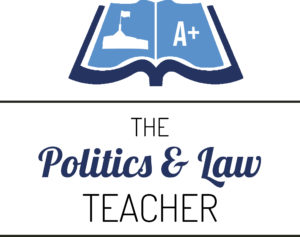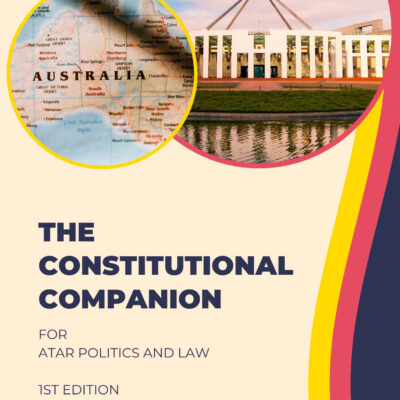“If you’re not confused, you’re not thinking” – Albert Einstein
So, you are about to commence a new year of study in Politics and Law. How do you succeed and get the most out of your studies?
Politics and Law is one of the humanities. Humanities subjects tend to be open-ended – that is, they are not cut and dried. You must be prepared for some confusion and be able to cope with doubt and uncertainty. This is normal in the humanities. Although Albert Einstein was a scientist his quote above is relevant to you. The key to success is thinking and the key to thinking well is to have lots to think about. The advice below comes from Sydney University’s Department of Humanities; it is what they suggest students do in order to succeed.
First; keep up-to-date with your reading and note-taking. Also, listen attentively in class. Good reading and listening gives you material for your thinking – and remember you must be thinking, not just memorising. Your teacher will recommend readings from the text and other sources. Make sure you keep pace and don’t fall behind. Take good quality notes – the Cornell note-taking method is excellent for recording detail and for later study and revision. Your teacher will explain difficult concepts; make sure to listen well and ask questions if you’re not sure. Make sure you take good notes during class. File your notes logically by organising notes from the text, class lessons and other sources by syllabus topics. Review your notes regularly to refresh your understandings. When the time for study and revision comes later in the year, a well-organised folio of notes will make that task so much easier.
Second; focus on understanding, not memorising. Understanding is achieved by having lots to think about (which comes from your reading and listening) and then doing the thinking. Thinking can be done by yourself or in collaboration with others. Solo thinking can be achieved by mind-mapping or brainstorming concepts and linking them to real-life examples. Collaborative thinking is achieved through discussion and debate about the ideas, concepts and real-world examples. Constructive argument is very powerful. You can prepare one side of an argument and a friend or classmate can prepare the other. Then debate the ideas. Even more powerfully, you may swap sides and use your friend’s preparation to help you understand the alternative point of view. Many essay questions in Politics and Law ask students to “assess the validity of this statement or claim”. Preparing both sides of many arguments with your friends is a good way to write excellent essays.
Third; build an example bank. Examples are critical for two reasons. Firstly, they link theory to practice. Take note of the syllabus statements, they frequently ask you to understand something in theory and practice. Examples help you do this. Secondly, examiners expect essays and other assessments to be illustrated with examples. Ask your teacher for a copy of the essay marking key used to grade Politics and Law essays. Notice how much weight is given to “evidence” and “examples”. It’s really hard to do well without a good knowledge of current, contemporary and recent examples. PAL News Updates are a good source of examples and practice questions. Make sure to discuss contemporary news and events in your class. Link these discussions to actual syllabus points and ask yourself, “how does this example relate to the syllabus?”, and “how can I use this example in an assessment?”.
Fourth, practice writing. All Politics and Law assessments are based on written responses to different types of questions. The better your writing, the better your results. Good writing, reflects good thinking. So all that reading, listening, discussing, note-taking and thinking you are doing along the way is helping your writing. Of course, you must actually write too. The Cornell note-taking method is highly recommended here. Part of the method is writing summaries. Summarising your notes using full sentences and paragraphs, written using your own words of course, automatically practises your writing as well as consolidating your understanding. It’s genius!
Lastly. Be comfortable with confusion. It is not a sign of failure, it is a sign of thinking – let Albert Einstein’s quote above sink in. You are learning a demanding subject, it’s normal to find it challenging. That’s why lots of reading, listening, thinking and writing is essential. These things help clarify any confusion. When your brain is confused, it will automatically try to make sense of things. The more material you have to think about, the higher the quality of your thinking and understanding. Good thinking exercises the brain.
Did you know that walking is great for thinking? Charles Darwin did all his thinking while walking in his garden – and he changed the world! Go for a walk after you’ve read something, taken some notes and done some writing. Try to do it without your headphones. Just let Politics and Law ideas pass through your mind. It’s amazing what your brain can achieve at an almost subconscious level when the circumstances are right.
Reference:
Ivison, D., 2021. 5 tips to ace humanities exams in the HSC. [online] The University of Sydney. Available at: <https://www.sydney.edu.au/news-opinion/news/2015/10/13/five-tips-for-humanities-exams-in-the-hsc.html> [Accessed 28 January 2021].



Some sound advice for students embarking one of the greatest ‘thinking’ subjects on offer. I really enjoyed the key points and the links to the Cornell note making advice.